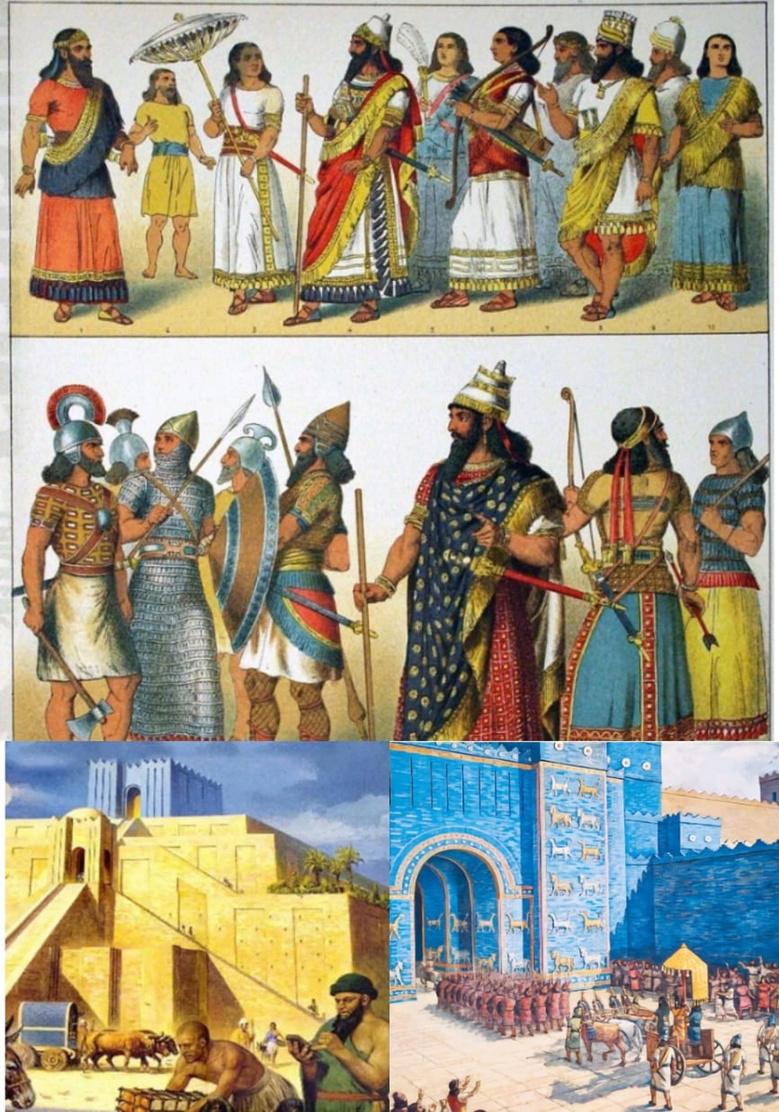Fasting among the Sumerians

For the Sumerians, fasting was the prohibition of a certain type of animal and vegetable food for certain reasons
Some of them are religious and are linked to a specific myth
Some of them are economic due to drought or recession and were not periodic or constant
Fasting among the Sumerians, as stated in legendary texts, was considered one of the most important pillars of religious beliefs. They used to allocate thirty continuous days for fasting, considering that the appearance of the moon in the form of a crescent in every lunar month was due to the wrath of the god Sin.
Therefore, fasting was considered necessary to draw closer to God, and a behavior that represents repentance for sin so that they may be atone and be forgiven for their mistakes.
The act of fasting was associated with Inana, the goddess of nature (fertility), and the moon, a symbol of femininity. For the Sumerians, fasting was a means of getting closer to the gods, and a means of purification and self-elevation.
The Sumerians fasted for thirty days, during which they abstained from eating and drinking from sunrise to sunset. After sunset, dairy, plants, oils, wheat, barley and similar natural products were the staple foods eaten at breakfast. Naturally, these fasting rituals are compatible with the abundance of vegetables and oil in this geographical area, which makes it possible to fast for continuous days without eating food that comes only from plants.
Source: websites

